Filter by
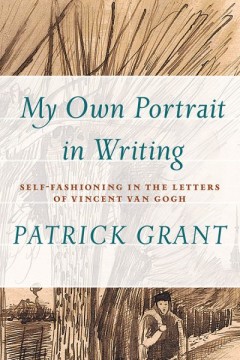
My Own Portrait in Writing” Self-Fashioning in the Letters of Vincent van …
This volume builds on Grant’s earlier analysis of Van Gogh’s correspondence, The Letters of Vincent van Gogh: A Critical Study (AU Press, 2014), a study in which he approached the letters from a literary critical standpoint, delving into key patterns of metaphors and concepts. In the present volume, he provides instead a literary theoretical analysis of the letters, one that draws them more…
- Edition
- -
- ISBN/ISSN
- 9781771990455.01
- Collation
- -
- Series Title
- Cultural Dialectics
- Call Number
- 220 pages
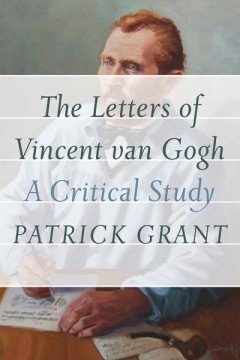
The Letters of Vincent van Gogh A Critical Study
When he died at the age of thirty-seven, Vincent van Gogh left a legacy of over two thousand artworks, for which he is now justly famous. But van Gogh was also a prodigious writer of letters—more than eight hundred of them, addressed to his parents, to friends such as Paul Gauguin, and, above all, to his brother Theo. His letters have long been admired for their exceptional literary quality, …
- Edition
- -
- ISBN/ISSN
- 9781927356746.01
- Collation
- -
- Series Title
- Cultural Dialectics
- Call Number
- 254 pages
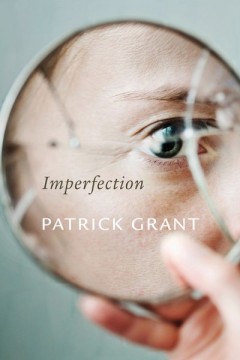
Imperfection
Known for his exploration of the relationship between Buddhism and violent ethnic conflict in modern Sri Lanka, as well as his contribution to the study of Northern Ireland and the complex relationships among religion, literature, and ethnicity, Grant provides the reader with an analysis of the widespread rise of religious extremism across the globe. Referencing Plato, Van Gogh, Jesus, and the …
- Edition
- -
- ISBN/ISSN
- 9781926836751.01
- Collation
- -
- Series Title
- Cultural Dialectics
- Call Number
- 240 pages
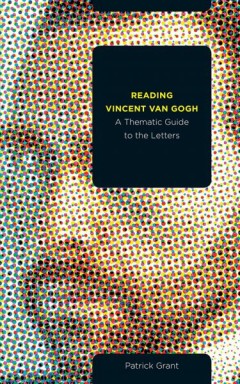
Reading Vincent van Gogh A Thematic Guide to the Letters
Reading Vincent van Gogh is at once an interpretive guide to Van Gogh’s letters and a distillation of the key themes that reoccur throughout his collected letters—foremost among them the motifs of suffering, love, imagination, and the ineffable. In this indispensable, synoptic view of the letters, Patrick Grant makes the main lines of Vincent van Gogh’s thinking accessible and displays th…
- Edition
- -
- ISBN/ISSN
- 9781771991872.01
- Collation
- -
- Series Title
- -
- Call Number
- 5 x 8, 198 pages
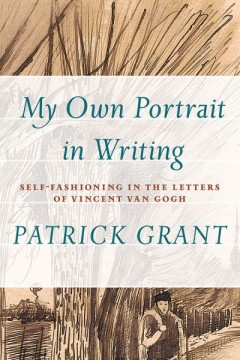
My Own Portrait in Writing” Self-Fashioning in the Letters of Vincent van …
This volume builds on Grant’s earlier analysis of Van Gogh’s correspondence, The Letters of Vincent van Gogh: A Critical Study (AU Press, 2014), a study in which he approached the letters from a literary critical standpoint, delving into key patterns of metaphors and concepts. In the present volume, he provides instead a literary theoretical analysis of the letters, one that draws them more…
- Edition
- -
- ISBN/ISSN
- 9781771990455.01
- Collation
- -
- Series Title
- Cultural Dialectics
- Call Number
- 220 pages
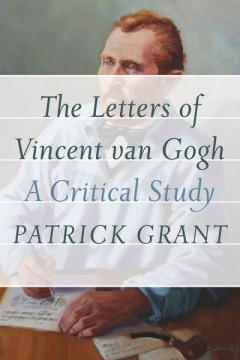
The Letters of Vincent van Gogh A Critical Study
As Grant demonstrates, quite apart from furnishing a highly revealing self-portrait of their author, the letters are compelling for their imaginative and expressive power, as well as for the perceptive commentary they offer on universal human themes. Through a subtle exploration of van Gogh’s contrastive style of thinking and his fascination with the notion of imperfection, Grant illuminates …
- Edition
- -
- ISBN/ISSN
- 9781927356746.01
- Collation
- -
- Series Title
- Cultural Dialectics
- Call Number
- 254 pages
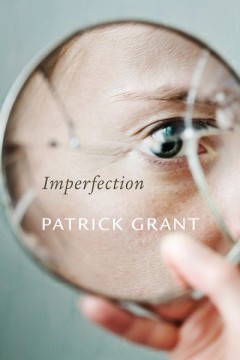
Imperfection
Known for his exploration of the relationship between Buddhism and violent ethnic conflict in modern Sri Lanka, as well as his contribution to the study of Northern Ireland and the complex relationships among religion, literature, and ethnicity, Grant provides the reader with an analysis of the widespread rise of religious extremism across the globe. Referencing Plato, Van Gogh, Jesus, and the …
- Edition
- -
- ISBN/ISSN
- 9781926836751.01
- Collation
- -
- Series Title
- Cultural Dialectics
- Call Number
- 240 pages
 Computer Science, Information & General Works
Computer Science, Information & General Works  Philosophy & Psychology
Philosophy & Psychology  Religion
Religion  Social Sciences
Social Sciences  Language
Language  Pure Science
Pure Science  Applied Sciences
Applied Sciences  Art & Recreation
Art & Recreation  Literature
Literature  History & Geography
History & Geography